China declares successful test of land-based missile-interception system
China has successfully tested a land-based missile interception system, the Defense Ministry said, describing it as defensive.
The ministry said in a statement the "ground-based midcourse anti-missile intercept technology" test was carried out Sunday night.
"The test reached its expected goals," the ministry noted. "This test was defensive and not aimed at any country."
Beijing has tested missile interceptors before, more recently in February 2021, and before that in 2018.
The country has significantly ramped up its missile activities, from projectiles that can destroy satellites in space to advanced nuclear-tipped ballistic missiles, as part of a modernization drive spearheaded by President Xi Jinping.
The latest test comes amid rising tensions between Beijing and Washington and the former's repeated opposition to the US deployment of the Terminal High Altitude Area Defense (THAAD) anti-missile system in South Korea.
China maintains that the equipment’s powerful radar could penetrate into its territory. China and Russia have also held simulated anti-missile drills.
China’s defense ministry had back in 2016 confirmed that it was pressing ahead with its anti-missile system tests after images appeared on state television.
It said such technology was needed for national defense and security.
China’s test of the missile interception system came days after the self-ruled Chinese Taipei boasted that it had developed supersonic cruise missiles capable of striking Beijing.
This is while the island territory -- claimed by China as part of the mainland – has been the recipient of a massive cache of American weaponry in recent years amid strong protests by Beijing.
Chinese defense minister Wei Fenghe last week explicitly warned that if Taiwan declared independence, China would immediately start the war and would continue to fight until it reaches its goal at any cost.
Beijing, which has repeatedly warned the US against official ties with Taiwan, says the US contacts with Taiwan and the weapon sales to the island are a violation of China’s sovereignty.
Earlier this week, China unveiled its third and most advanced aircraft carrier, Fujian, designed and built entirely within the country. Named after the southeastern Chinese province, the type-003 new-generation aircraft carrier rivals US Navy carriers in size and capacity.
We avenge the innocent until our last breath: Iran's parl. speaker
170 students, teachers martyred in ‘deliberate’ strikes on Iranian schools: Minister
Iran’s air defense systems down six advanced Hermes drones
US defenses overwhelmed by Iran’s drone and missile barrages: WSJ
IRGC says second US THAAD anti-missile unit destroyed
CNN journalists abducted by Israel while reporting on damage from Iranian strikes
Iran denies attacks on Oman as it warns of US-Israeli ‘false-flag’ ops
Iran knows where Netanyahu convenes his meetings: Ex-IRGC chief


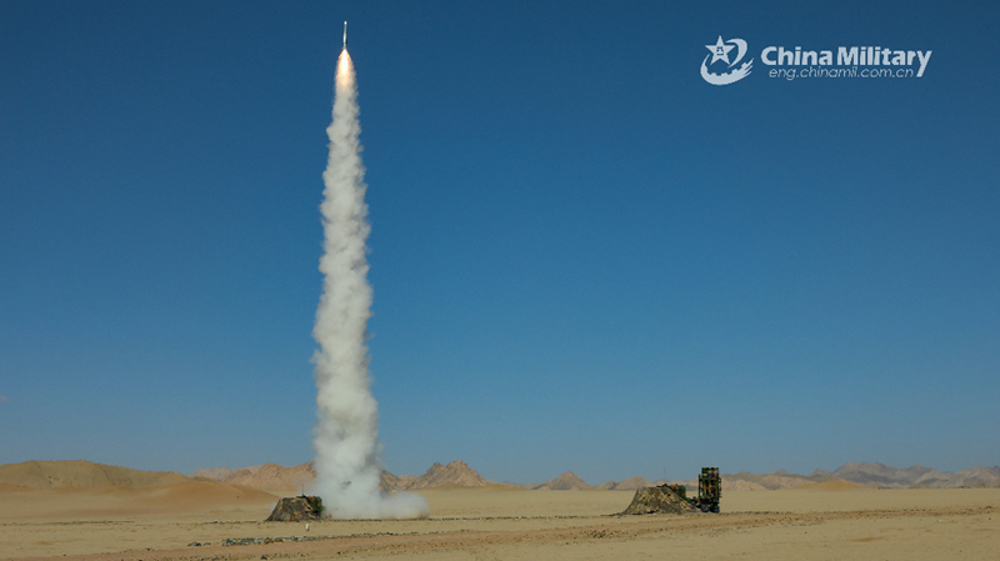
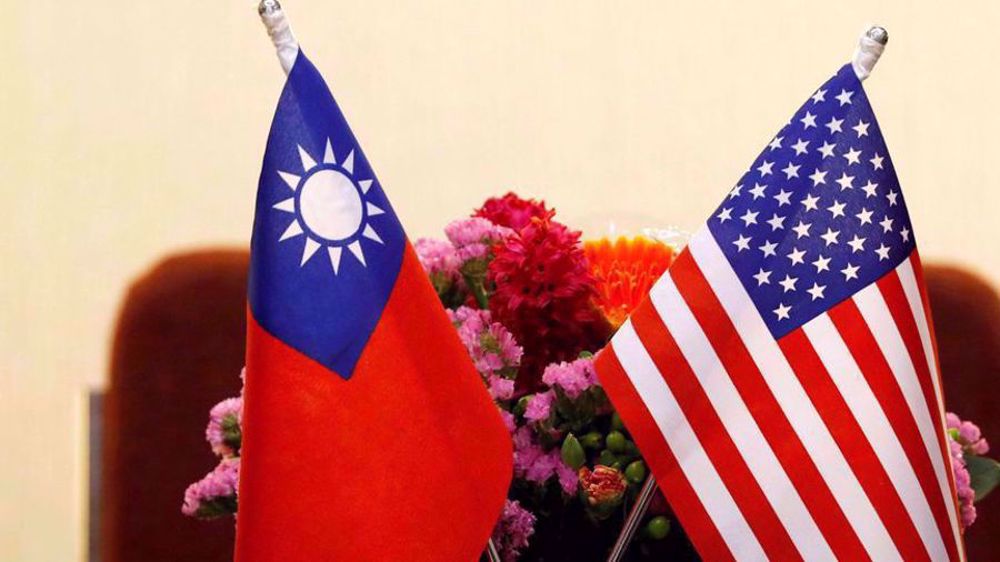
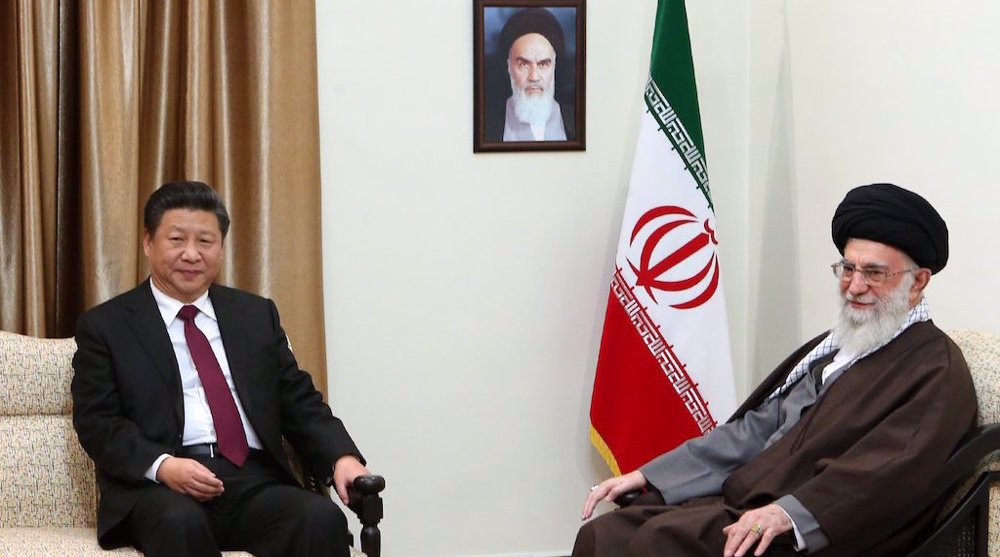
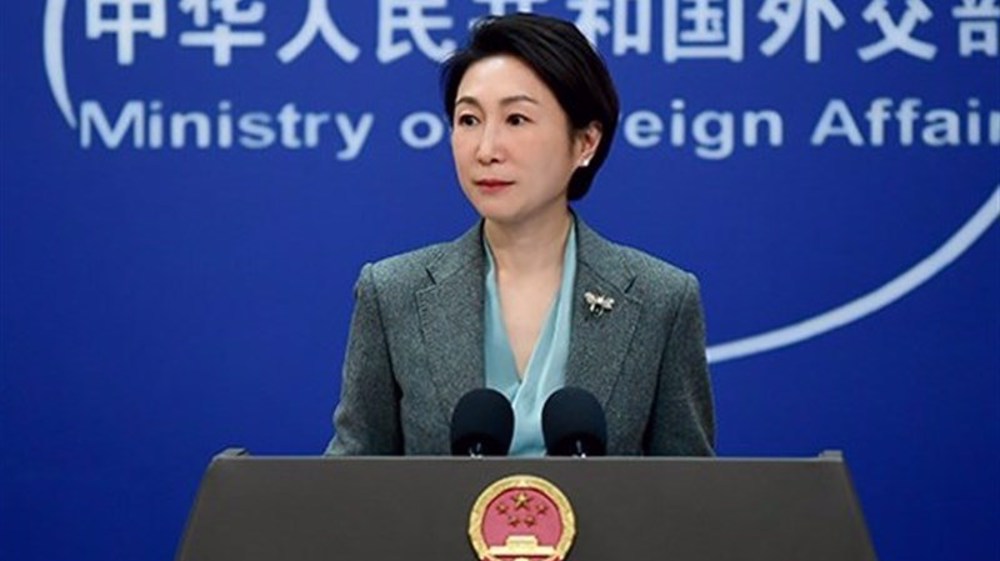




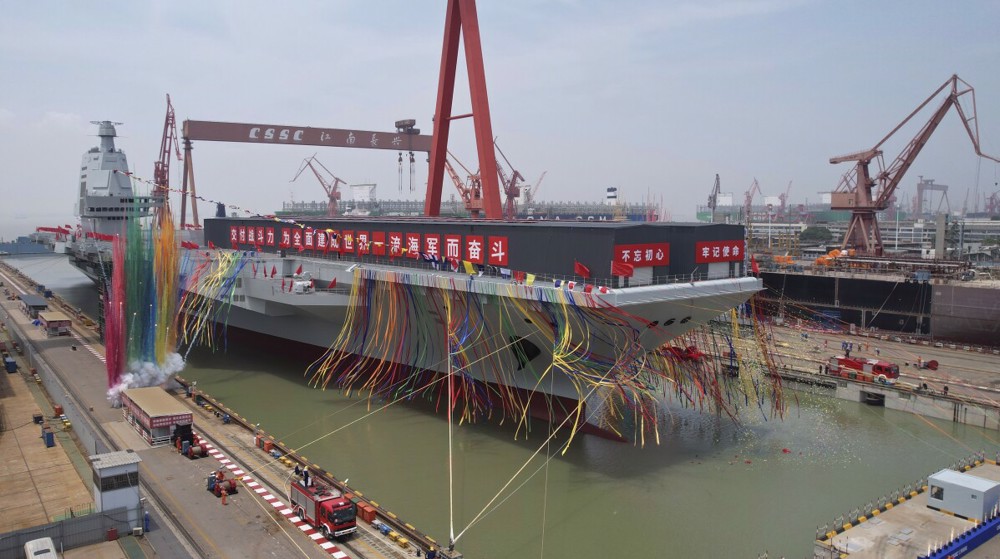
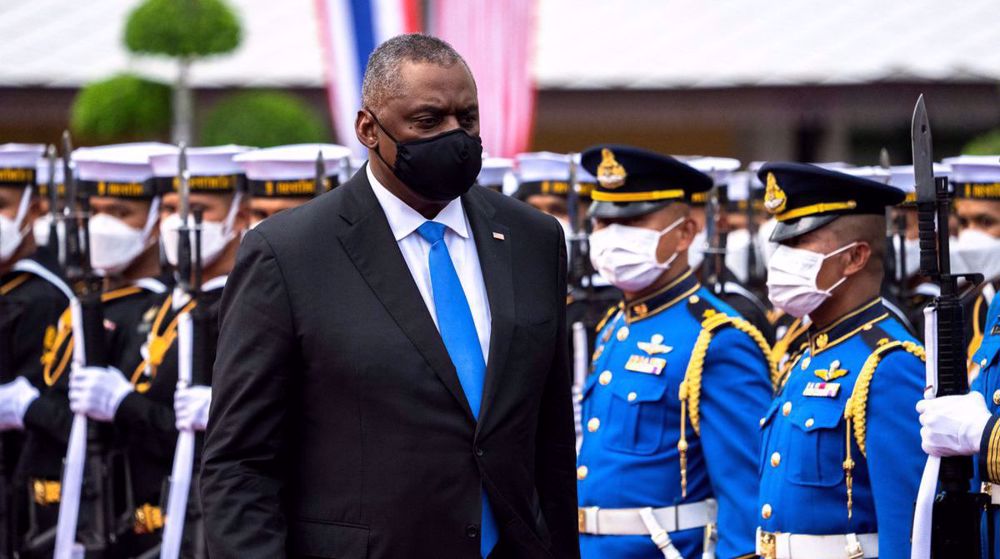

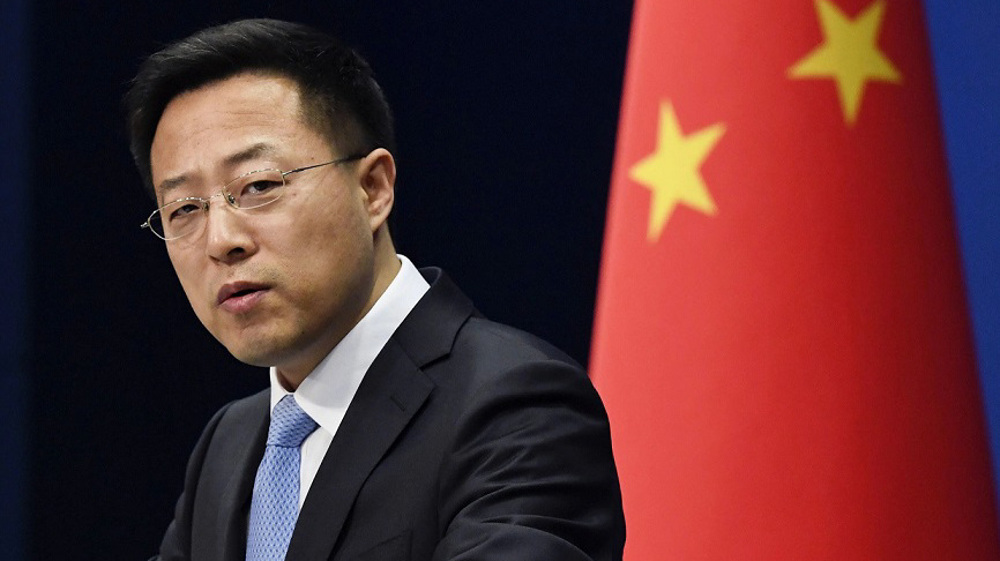

 This makes it easy to access the Press TV website
This makes it easy to access the Press TV website